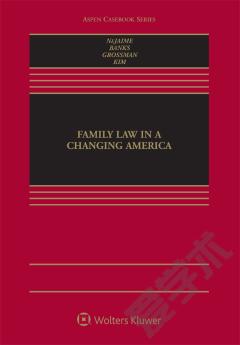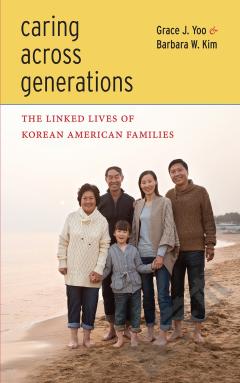Family Tightrope —— The Changing Lives of Vietnamese Americans
----- 家庭绳索:越南裔美国人的生活变化
In recent years the popular media have described Vietnamese Americans as representatives of the quintessentially American immigrant success story, attributing their accomplishments to the values they learn in the traditional, stable, hierarchical confines of their families. Questioning the accuracy of such family portrayals, Nazli Kibria draws on in-depth interviews and participant-observation with Vietnamese immigrants in Philadelphia to show how they construct their family lives in response to the social and economic challenges posed by migration and resettlement. To a surprising extent, the "traditional" family unit rarely exists, and its hierarchical organization has been greatly altered by conditions of greater relative equality in the resources that women, men, and children bring to their family life. Kibria offers a highly nuanced depiction of the gender and generational conflicts and divisions produced by these changes, and explores how this tension shapes both relations within families and strategies for dealing with life outside families. The author reveals that conflict, consensus-building, and accommodation all play a role in guiding immigrant families through transition, and that households with the greatest internal variety seem to be more successful in taking advantage of economic opportunities in the United States.
{{comment.content}}








 京公网安备 11010802027623号
京公网安备 11010802027623号